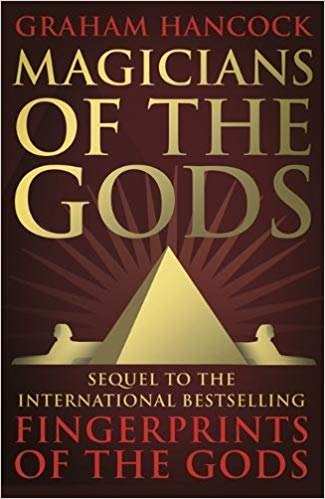Reading
6 things I check on every website I build by Manuel Matozovic. A nice overview of the type of things you should run through after using something like Lighthouse to check the accessibility 'score’ of your site. Some quick wins in there that are worth adding to your workflow – things that I’m aware of / have done in the past but this is a good prompt to do them more consistently.
For instance, I haven’t used a the W3C Markup Validation Service for a looooong time (and I’m not 100% convinced that it’s entirely necessary tbh) but that complacency probably puts me on shaky ground and seeing as it only takes a few seconds to run it, it’d be silly not to.
Responsive Design for Motion. This is an old post (from 2017) but it’s a good one because of the multiple examples of how to use the prefers-reduced-motion query effectively. Why should you look at reducing motion sometimes you ask?
The simplest answer is, “We’re not all the same.” Preference is subjective, and many power users like to reduce UI overhead even further once they’ve learned how the interface works.
The more important, objective answer is, “It’s a medical necessity for some.” In particular, this change is required for a portion of the population with conditions commonly referred to as vestibular disorders.
The article covers some common vestibular triggers and shows examples of how they might be affected by all those fancy animations, along with potential fixes for each of them. It’s definitely an interesting read, and well worth the nudge it gives to thinking more about why things like reduced-motion are important for some people. There are a lot of ways that vestibular disorders can manifest themselves.
(I should add – a while ago I did actually implement some of this stuff on this site, to provide an alternative to the page transitions that exist. If you browse with 'prefers reduced motion’ on in your OS, you ought to see a normal page load instead of the liquid transition. It’s not difficult, but the impact can be pretty big.)
Listening to
Tangentially Speaking #157: Graham Hancock. This episode of Christopher Ryan’s podcast is from 2015, around the time that Graham’s book Magicians of The Gods was released – it’s taken me a while to find the time to give it a listen. I haven’t read the book yet, but as I really enjoyed Fingerprints of The Gods (which this is a sequel of sorts to), I do intend to get to it.

The evidence revealed in this book shows beyond reasonable doubt that an advanced civilization that flourished during the Ice Age was destroyed in the global cataclysms between 12,800 and 11,600 years ago. But there were survivors – known to later cultures by names such as 'the Sages’, 'the Magicians’, 'the Shining Ones’, and 'the Mystery Teachers of Heaven’. They travelled the world in their great ships doing all in their power to keep the spark of civilization burning. They settled at key locations – Gobekli Tepe in Turkey, Baalbek in the Lebanon, Giza in Egypt, ancient Sumer, Mexico, Peru and across the Pacific where a huge pyramid has recently been discovered in Indonesia. Everywhere they went these 'Magicians of the Gods’ brought with them the memory of a time when mankind had fallen out of harmony with the universe and paid a heavy price. A memory and a warning to the future…
The chat covers bits about the book, as well as tackling the 'pseudo-science’ tag that has often been thrown at him, and some other bits around ayahuasca and modern civilisations and so on… It’s a really interesting conversation, and one that is full of ideas that are well worth entertaining (if not entirely subscribing to).

